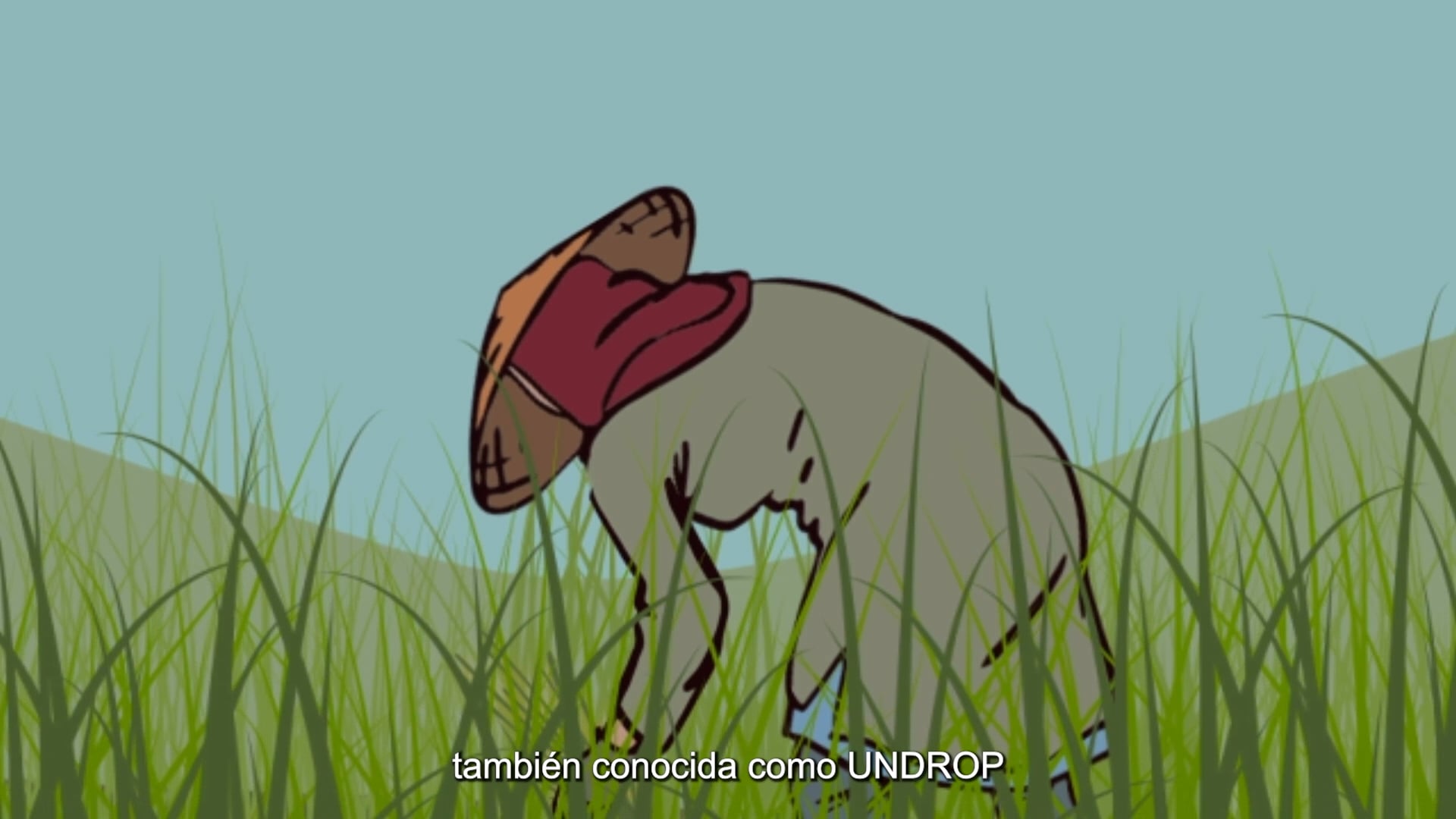
Similar Posts
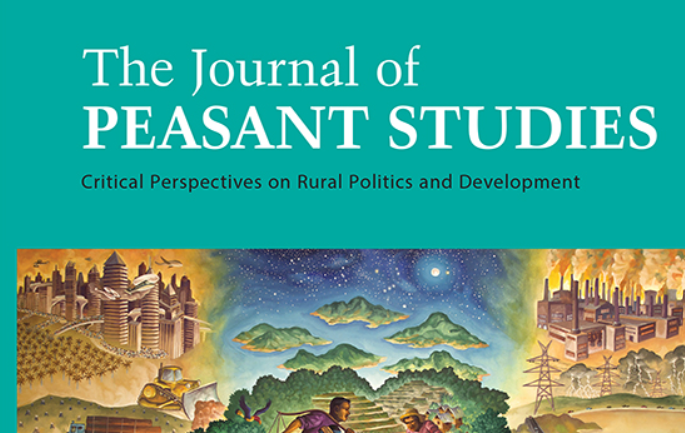
The United Nations Declaration on the rights of peasants and other people working in rural areas
This paper was published in October 2019 in the Journal of Peasants Studies, in its Grassroots Voices section. They are described as : “views that are written and presented in a non-academic style which provide important insights and information relevant to critical rural development studies. Grassroots Voices are intended to share wisdom and analysis direct…
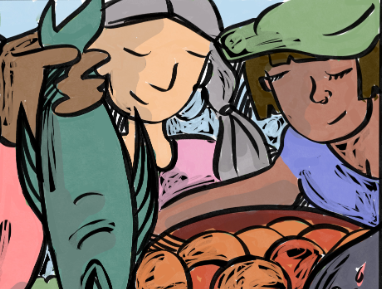
What is a peasant? What are peasantries?
In 2013, for the first session of the Intergovernmental Working Group on what would be the UNDROP, Marc Edelman, Professor of Anthropology at Hunter College (New York), wrote an article on the term peasant. This article is a “must read” for anyone wanting to understand the use of peasant in the UNDROP. To have the…
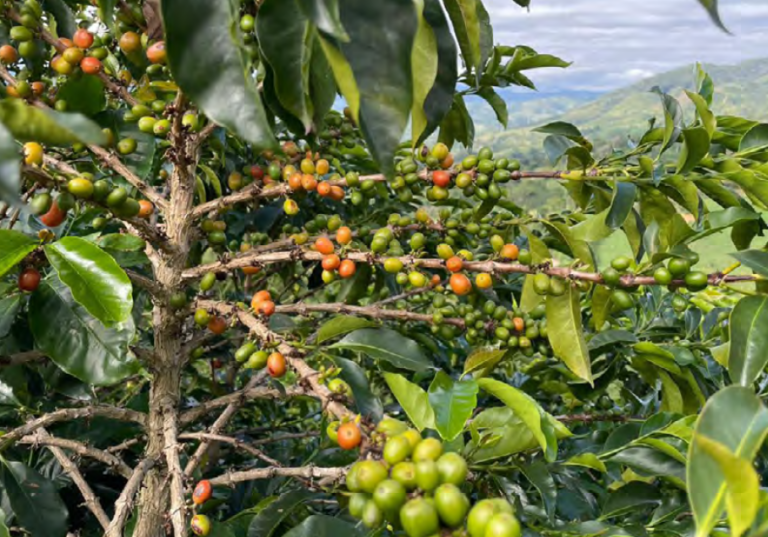
Coffee and carbon in Colombia: Human rights concerns at the intersection of food systems, climate change and data-based technologies
This report was first published on Fian International’s website in June 2024. The introduction below was written specifically for Defending Peasants’ Rights, to highlight the UNDROP’s role. You can find the original introduction here and the report below. Carbon markets vs. peasant autonomy: UNDROP’s role in safeguarding rights and data sovereignty There is an urgent…
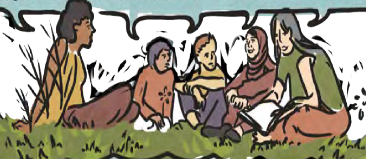
Peasants Rights Now!
This article was first published in Peasants Voice, the All Nepal Peasant Federation (ANPFa) Bulletin, in May 2022. In this article Pramesh Pokharel, who is General Secretary of ANPFa, introduces the UNDROP and encourages Nepalese peasants to appropriate the UNDROP and use it for their struggles. Background We know about various United Nations instruments to…
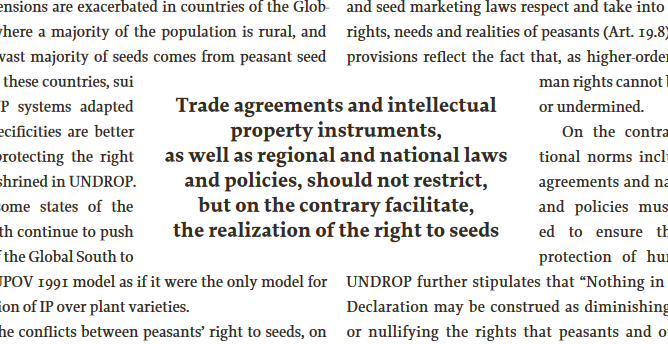
Reasearch Brief: The Right to Seeds in Africa
This research brief is a publication by the Geneva Academy, you can find it on its website here. This Researche Brief is the summary of a longer publication on The Right to Seeds in Africa, you can find it on our website here. The implementation of UNDROP represents a unique opportunity to redress the imbalance…
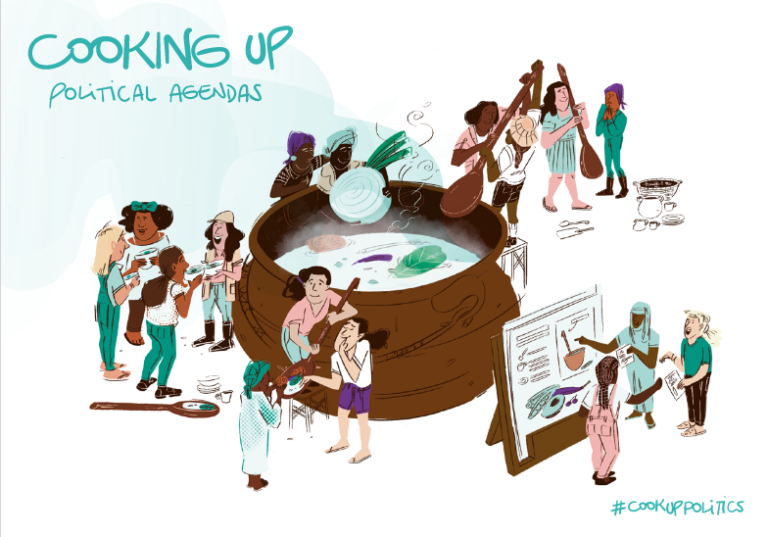
Cooking up political agendas
Feminist materials on the right to food and nutrition for women in rural areas “Cooking up political agendas” was first published on Fian international website on September 7, 2020. You can find it here. With “Cooking up political agenda” Fian international proposes a full set of tools to organize struggles for the right to food…
